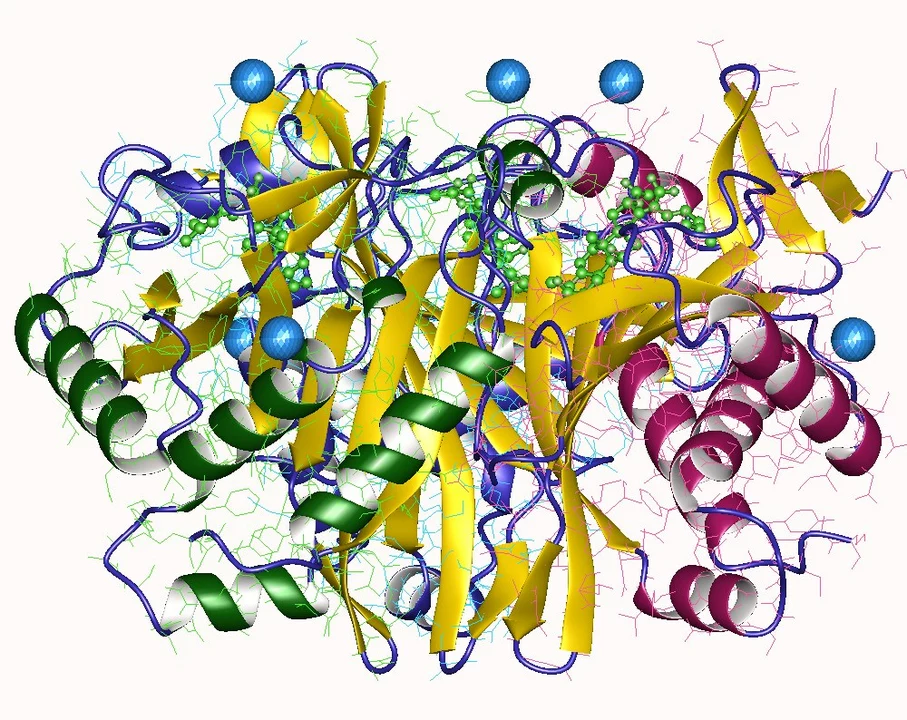Detoxification: Practical Guide to Safe Cleanses and Real Results
You don't need a fancy juice or a month-long fast to give your body a break. Detoxification simply means helping your body remove waste, support liver and kidneys, and reduce toxins from things like alcohol, smoking, poor sleep, and processed food.
Quick fixes sell well, but most are hype. Your liver and kidneys do most detox work every day. The goal of any detox plan should be to lower harmful exposures, support organs that remove waste, and avoid practices that can harm you.
What actually helps
Drink plain water and stop sugary drinks. Water helps kidneys flush waste and keeps digestion moving. Add fiber from whole fruits, vegetables, beans, and whole grains - fiber traps and removes waste through the gut. Sleep more: repair and toxin clearance happen while you rest. Move daily; even a 20-minute walk boosts circulation and sweating, which helps remove certain toxins.
Cut back on alcohol, processed food, and cigarettes. Those add toxins and strain detox organs. Replace them with simple swaps: swap sodas for sparkling water with lemon, trade fries for roasted veggies, and cook one extra vegetable each day.
Supplements, cleanses, and safety
Supplements and cleanses can help in specific cases, but they're not a magic bullet. Milk thistle and NAC support liver pathways in studies, but they can interact with medications. Avoid colon cleanses or laxative-heavy plans; they can cause dehydration, electrolyte problems, and rebound constipation.
If you take prescription meds, talk to your doctor before starting anything new. Some detox herbs change how drugs are absorbed or processed. Pregnant or breastfeeding people, older adults, and those with kidney or liver disease should not attempt aggressive cleanses without medical advice.
Watch out for online sellers promising rapid detox pills or tests that "prove" high toxin levels. Tests like hair or proprietary urine screens are often misleading. If you suspect heavy metal or drug exposure, go to a clinic for validated testing.
Practical 7-day plan: drink 8-10 cups water daily, add two servings of vegetables to every main meal, sleep 7-9 hours, walk 20 minutes daily, skip alcohol and recreational drugs, take a daily multivitamin if diet is poor. Small, consistent steps beat dramatic short-term cleanses every time.
When to see a doctor: persistent fatigue, jaundice, dark urine, unexplained weight loss, severe abdominal pain, or symptoms after starting a supplement. These signs need medical evaluation - don’t rely on internet advice alone.
Want reliable product or med info? Use trusted sources and pharmacies. If you buy online, check for licensed pharmacy credentials and clear contact details. If something sounds too good to be true, it probably is.
Common detox myths: sweating in a sauna 'detoxes' heavy metals - sauna helps circulation but doesn't remove metals from tissues. Another myth: short-term extreme fasting 'resets' your liver - fasting can stress the body and cause blood sugar problems. Ask for lab tests if you suspect chemical exposure; a doctor can order blood or urine tests that actually measure risk. Start small, stay consistent.
